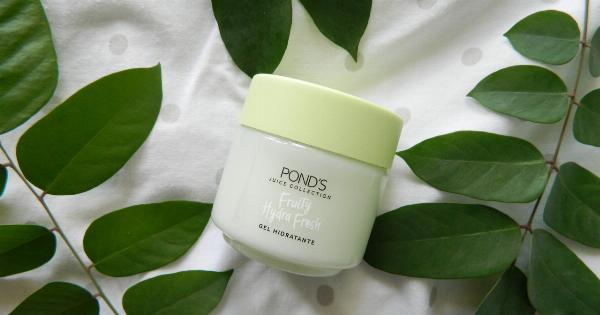People worldwide experience stress in different forms and degrees. Stress can come from our work, relationships, financial situations, and a host of other factors.
It can be acute stress stemming from a single event or continuous stress from ongoing circumstances, and it significantly affects mental and physical health. While the impact of stress on mental health has been widely understood, very little thought has gone into how stress ages the face. You might not realize it, but stress can take a toll on your skin, making you look older and tired.
In this post, we take a closer look at how stress affects the face and what to do to combat its effects.
Signs that stress is damaging your skin
Puffy eyes and dark circles
Stress increases cortisol levels, leading to water retention in the body and especially around the eyes. This accumulation of fluids causes puffiness and dark circles, making you look tired and overworked.
Fine lines and wrinkles
Cortisol is a stress hormone that not only affects weight gain and appetite, but also accelerates the aging process. The hormone breaks down collagen and elastin, two factors that help keep skin looking firm and youthful.
The result is the formation of fine lines and wrinkles on the face.
Dry and dull skin
Chronic stress reduces the levels of sebum produced by the skin, leading to dry and flaky skin. Moreover, it reduces the skin’s ability to retain moisture, causing the skin to become dull and lifeless.
Acne and breakouts
Stress also increases the production of androgen hormones that stimulate sebum production in the skin, causing acne and breakouts.
Additionally, stress reduces the skin’s natural healing capabilities, leading to the formation of scars and blemishes.
Uneven skintone and hyperpigmentation
Stress triggers overproduction of melanin, leading to visible dark spots, and uneven skin tone. Chronic stress also activates inflammatory mechanisms in the skin, contributing to the formation of patches and redness.
Facial droopiness and sagging skin
Chronic exposure to stress hormones leads to a loss of facial fat. The loss of fat makes the skin saggy, leading to wrinkles and droopy skin. The face may appear hollow around the eyes and cheeks.
Under-eye bags and hollowness
Long-term exposure to stress hormones also leads to a breakdown in the tissue around the eyes. The skin loses its fat layer, making the area appear sunken, wrinkled, and dark.
Cortisol-induced hair loss
Stress hormones trigger Telogen Effluvium or hair loss due to physical or emotional stress. Cortisol from stress attacks the hair follicles causing hair to fall out. When cortisol levels return to normal, hair growth typically regains its normal rhythm.
Tips to counteract the effects of stress on the skin
Exercise regularly
Exercise has a powerful effect on the mind and body, reducing stress levels and combating the effects of cortisol. Do a yoga class or get your heart rate up with a spin session or brisk run.
Releasing endorphins and working out can help reduce the physical symptoms of stress and provide some time-out for your mind.
Get enough sleep
Lack of sleep can trigger an influx of stress hormones. Aim to sleep for at least 7-8 hours each night. Establishing a sleep pattern can help improve the quality of your rest, and reduce stress and anxiety.
Invest in a good eye mask and supportive pillows to aid your sleep.
Hydrate your body
Drink plenty of water to keep your skin nourished and moisturized. Staying hydrated can help reduce the appearance of fine lines and wrinkles and improve the overall look of the skin.
Moisturize your skin
Moisturize daily to keep skin healthy and prevent dryness. Apply an emollient-rich product under your makeup or before bedtime to keep skin plump and hydrated.
Use sunscreen
Protecting the skin from sun damage can help reduce the appearance of fine lines, wrinkles, hyperpigmentation, and uneven skin tone. Invest in a good sunscreen with SPF 30 or higher and wear it throughout the year, especially during the summer months.
Apply and reapply often, especially if you sweat or swim.
Seek professional help
If you’re experiencing troublesome skin issues that are interfering with your confidence and self-worth, visit a beauty professional or a dermatologist. They can help with skin rejuvenation treatments and help restore youthful, vibrant skin.
Conclusion
Stress takes a toll on every part of our bodies, not only our mental health. It can significantly affect the quality of our skin, making it look tired and aged.
While it’s impossible to avoid stress altogether, there are steps you can take to mitigate its effects. Take care of your body by eating a healthy diet, exercising, getting plenty of sleep, staying hydrated, and seeking professional help when you need it.
With the right combination of care and attention, you can combat the aging effects of stress and keep your skin looking vibrant for years to come.




























